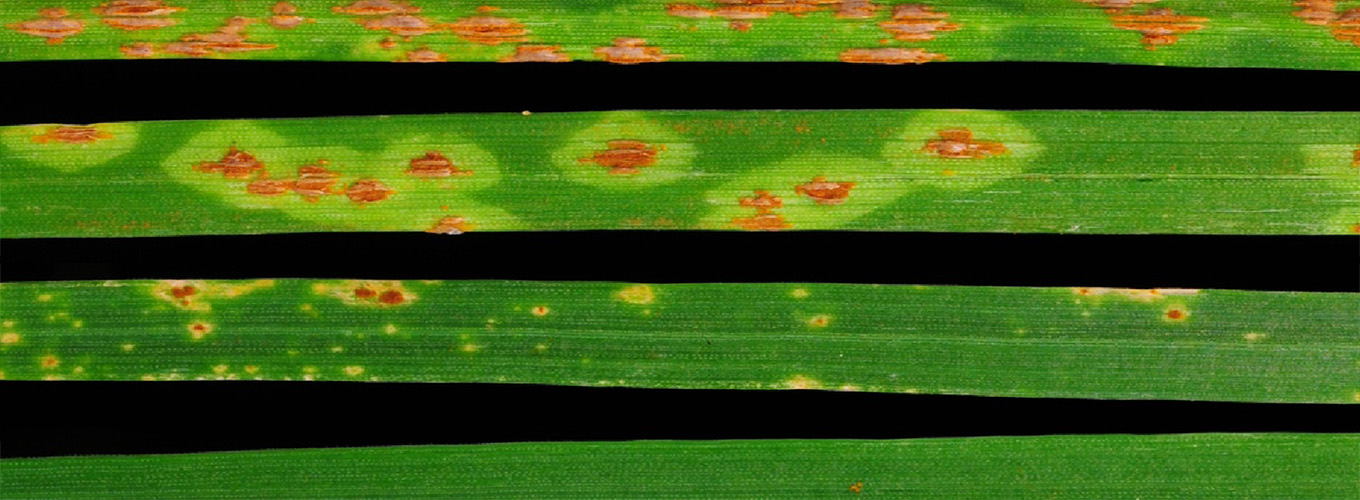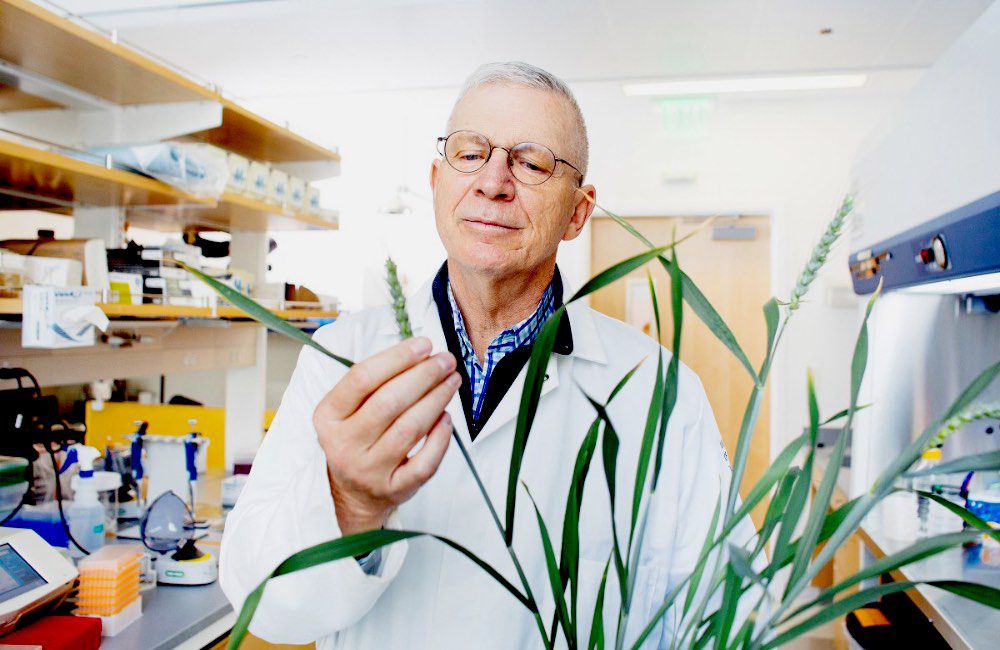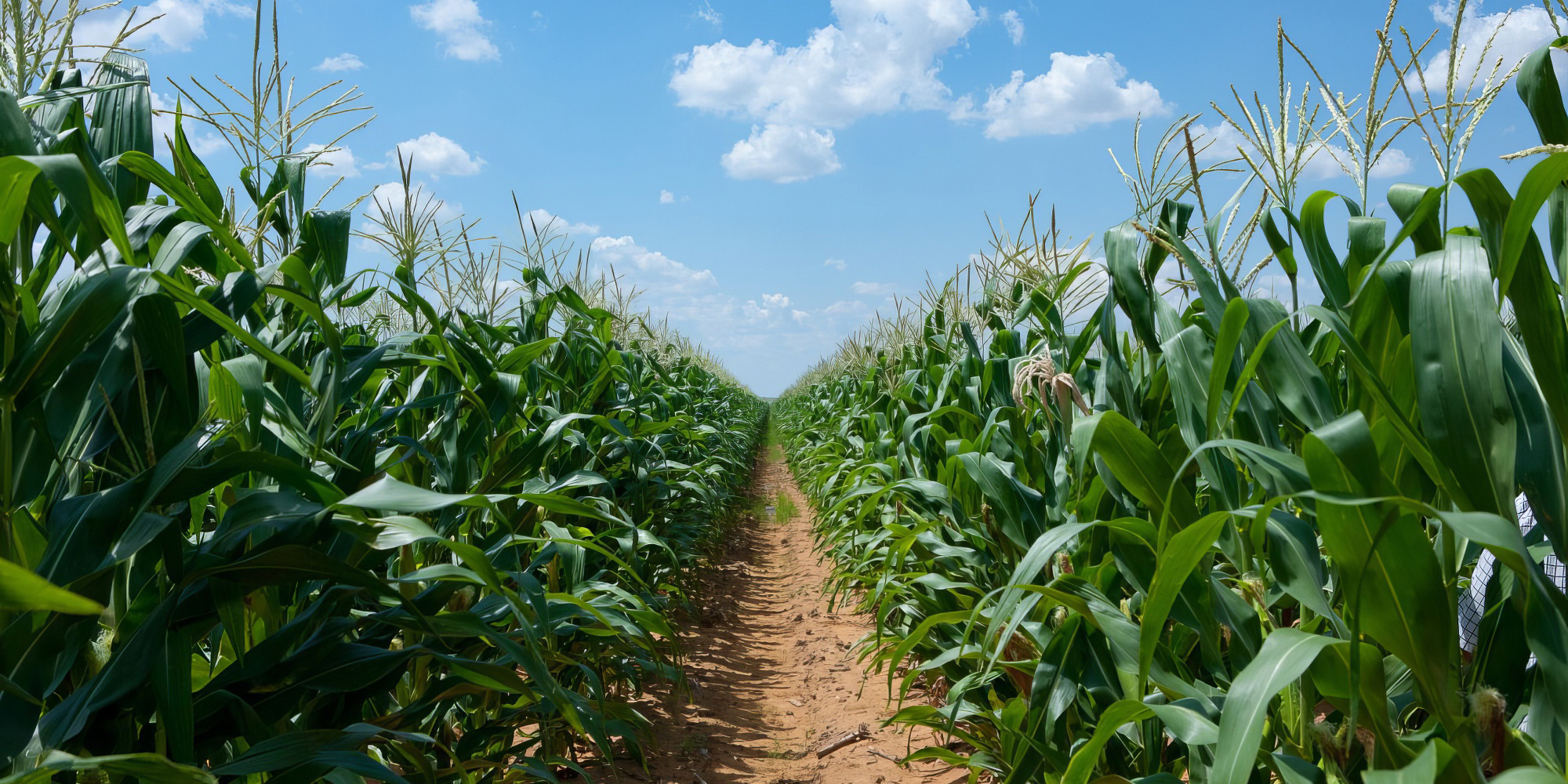
50 Years of Plant Immunity Breakthroughs
Diseases that affect crop plants have shaped human history and continue to challenge our ability to sustainably grow the crops that feed, clothe, and sustain society. A wide range of globally important crop plants including wheat, banana, coffee, and cacao face threats from diseases, and many of these threats are likely to increase as climate change intensifies.
In a new paper, “The plant immune system: From discovery to deployment,” published today in Cell, IGI Director of Sustainable Agriculture Brian Staskawicz and coauthors Jonathan D.G. Jones from the University of East Anglia and Jeffery L. Dangl from the University of North Carolina, Chapel Hill, review the last 50 years of breakthroughs in the study of plant immunity. All three authors are well known for their numerous contributions to the understanding of plant immunity and have played key roles in many of the technological advances in recent decades, including the discovery of CRISPR genome editing and the rise of its application in plants.

“As I look back over the last 50 years, I am amazed and proud of the progress that the molecular plant-microbe interactions research community has made to uncover the molecular basis of plant disease resistance,” says Staskawicz. “Personally, I am grateful to my international colleagues, and especially to my students and postdocs at UC Berkeley who have substantially contributed to progress in this area. Finally, our ability to translate these discoveries to create sustainable plant disease-resistance solutions to feed the world has become a reality.”



